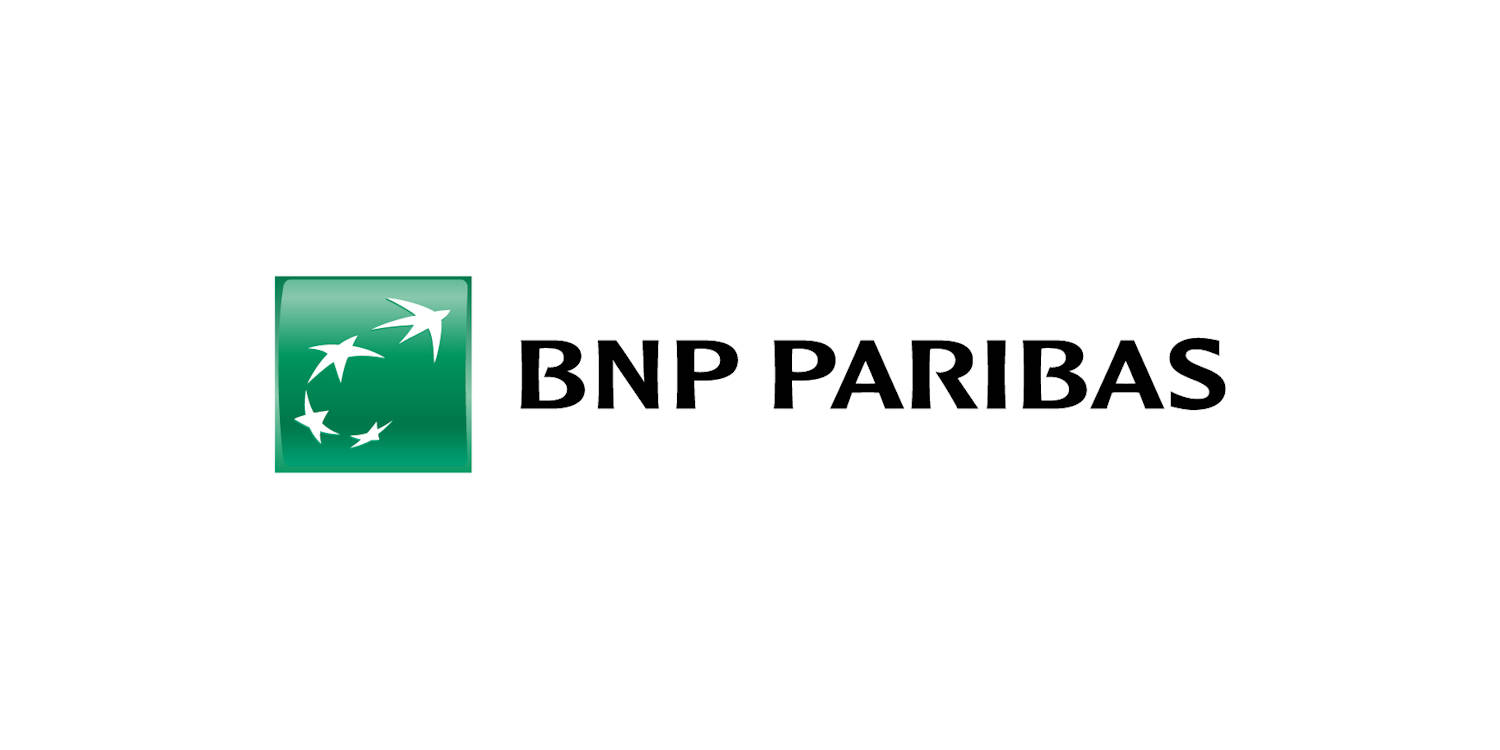“Would you expect a politician who promises to raise taxes on both households and corporates as a key plank of their growth strategy to get elected? Or the Parliament of an EU member state to vote against an EU initiative to cut such taxes? Probably not. And yet both just happened, with Donald Trump and fellow Republicans taking control of both the White House and Congress, and the French Parliament voting against the EU-Mercosur trade deal. Tariffs are taxes, but unlike taxes, they and other trade restrictions have a mysterious and, these days, wide appeal in public opinion and the political class. Mysterious because they nearly always do more harm than good: in the near-term, causing price increases that transfer money from domestic consumers and corporates to the government (in the case of tariffs) or to domestic producers of the tariffed goods (in the case of non-tariff barriers); in the longer term, by incentivizing an inefficient allocation of productive resources (both labour and capital) and reducing the scope for technology transfers, both of which lead to productivity losses, as well as by reducing choice for buyers and growth opportunities for producers.”
Morten W. Langer











